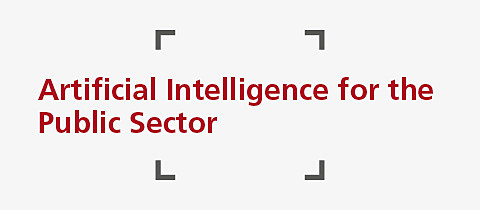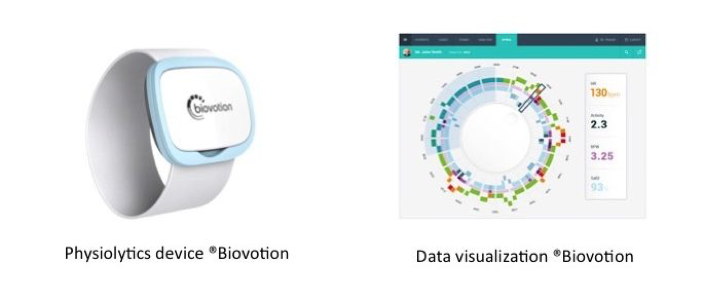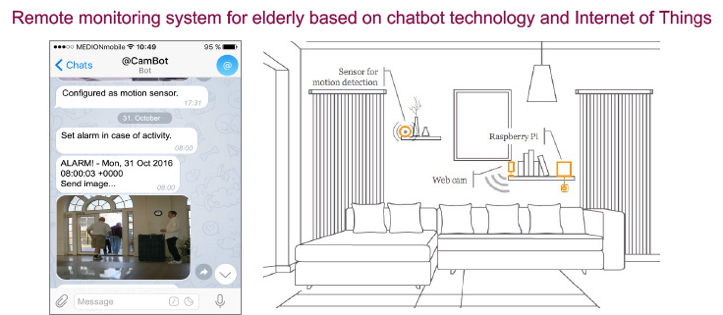Digitalization in the public sector
Digitalization provides governments with many opportunities, such as data-driven or algorithmic decision-making, which is far more accurate than traditional human-based judgment and could bring us a step closer toward evidence-based management or policy-making. At the same time, we witness a post-truth, post-factual society where political decision-makers refrain from using the available knowledge base or even fabricate their own “realities” to create confusion and punch holes in what is true, leaving the citizens doubting everything, including real evidence.
In this research stream, we aim to identify and explore the potentials of Smart Government and the introduction of emerging technologies in public administrations and how these might shape the future of communication and interaction between governments and citizens.




 Depression is one of the biggest health challenges the world faces, since more than 350 million people worldwide are affected by this illness. Aside from great personal costs to sufferers and their families, there is also a vast economic impact on society. Because depression often remains unnoticed and consequently untreated in less than half of the cases, in this project we experiment with the use of e-mental health applications that provide mental health services via the Web or related technologies for mental screening, psychological assessment, and treatment.
Depression is one of the biggest health challenges the world faces, since more than 350 million people worldwide are affected by this illness. Aside from great personal costs to sufferers and their families, there is also a vast economic impact on society. Because depression often remains unnoticed and consequently untreated in less than half of the cases, in this project we experiment with the use of e-mental health applications that provide mental health services via the Web or related technologies for mental screening, psychological assessment, and treatment.
